
In the human world, man is his artisan
- By Arun Samanta --
- june 08, 2020
Books, Inspiration, Prisons, Spirit
“Now we have to think about what kind of world we want”- Noam Chomsky
Our whole world is captivated with the white smoky breath of the horrible killer- COVID 19. We are in times of turmoil, uncertainty, despair and great sadness. Everyone is fighting to stay well. Those who are trying to reach home by a long way, those who do not have a roof over their heads, find it even more difficult to survive. This pandemic has shown us the importance of existing in interdependence and living symbiotically.
To survive, we must be physically and mentally fit. Various strategies can be adopted for physical well-being but what about mental well-being? In spite of the abundance of various sources, it can be argued that the book is the best companion in this diabolic times.
Many books like “Conversations with Myself”, by Nelson Mandela, and “The Indian Struggle”, by Subhas Chandra Bose have been written from the dark chambers of prison. The captivity of the author does not curtail their spirit but brings out the best in them. In the Lockdown we have the luxury of our own space which was not available to the authors of many such books. Prisons, on the other hand can be brutal- mentally as well as physically. Even though there is no access to light and air, authors of books like Don Quixote (Cervantes) ; Pisan Cantos,(Ezra Pound); Our Lady of Flowers (Jean Genet); My Experiments with Truth (Mahatma Gandhi) and The Discovery of India,( Jawaharlal Nehru) have written words which have inspired and showed light to many.
 “Conversations with Myself” is a collection of Nelson Mandela's writings, many of which he composed while he was in prison (Marshall Square prison then Robben Island for 27 years) for fighting apartheid. Mandela was imprisoned in a damp concrete cell measuring 8 feet by 7 feet with a straw mat on which he slept. He was verbally and physically harassed by several white prison wardens. He was finally released and elected as the first black president of South Africa. Underneath the private conversation this book inspires a sense of possibility that stands in direct opposition to cynicism and hopelessness that so often afflicts our world. When he was refused to attend his mother’s and younger son’s (murdered) funeral, he didn’t breakdown. Instead his letter to his wife Winne in a letter “Chain of the body are often wings of to the spirit” is a testimony of his inner strength and belief.
“Conversations with Myself” is a collection of Nelson Mandela's writings, many of which he composed while he was in prison (Marshall Square prison then Robben Island for 27 years) for fighting apartheid. Mandela was imprisoned in a damp concrete cell measuring 8 feet by 7 feet with a straw mat on which he slept. He was verbally and physically harassed by several white prison wardens. He was finally released and elected as the first black president of South Africa. Underneath the private conversation this book inspires a sense of possibility that stands in direct opposition to cynicism and hopelessness that so often afflicts our world. When he was refused to attend his mother’s and younger son’s (murdered) funeral, he didn’t breakdown. Instead his letter to his wife Winne in a letter “Chain of the body are often wings of to the spirit” is a testimony of his inner strength and belief.
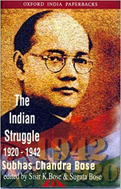 Subhas Chandra Bose was jailed eleven times between 1920 and 1941. "This unique autobiography was written in Burmese Prison contains Bose's major political study of the movement for independence in which he himself was a leading participant." It was a complete exile, no personal contact with his family and his every movement was followed by the British Raj. In spite of these adversities he established Azad Hind Fouz, first independent govt. in Kohima and gave the British Raj a run for its money. “The Indian Struggle" provides numerous struggles for liberation in India. Netaji’s spirit has inspired millions of young Indians across years. Words like “one individual may die for an idea, but that idea will, after his death, incarnate itself in a thousand lives” are a testimony of his spirit and influence.
Subhas Chandra Bose was jailed eleven times between 1920 and 1941. "This unique autobiography was written in Burmese Prison contains Bose's major political study of the movement for independence in which he himself was a leading participant." It was a complete exile, no personal contact with his family and his every movement was followed by the British Raj. In spite of these adversities he established Azad Hind Fouz, first independent govt. in Kohima and gave the British Raj a run for its money. “The Indian Struggle" provides numerous struggles for liberation in India. Netaji’s spirit has inspired millions of young Indians across years. Words like “one individual may die for an idea, but that idea will, after his death, incarnate itself in a thousand lives” are a testimony of his spirit and influence.
These are all great spirits who didn’t break down in front of adversities. Mandela always carried a notebook with him. Bose spent time studying and writing articles in suffocating prison. Genet wrote Our Lady of the Flowers novel on sheets of brown paper which prison authorities provided to make bags of it and were burnt by authority. Genet did not give up and wrote it all over again. In present day scenario while we face multiple adversities we must learn from these writings and derive courage to move forward and evolve as individuals. Only then can we say together “we win!” like the little boy Joshua in the movie ‘The Life is Beautiful”.

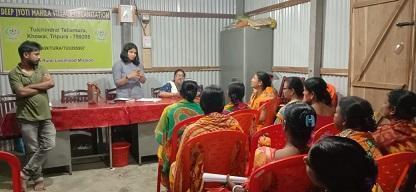
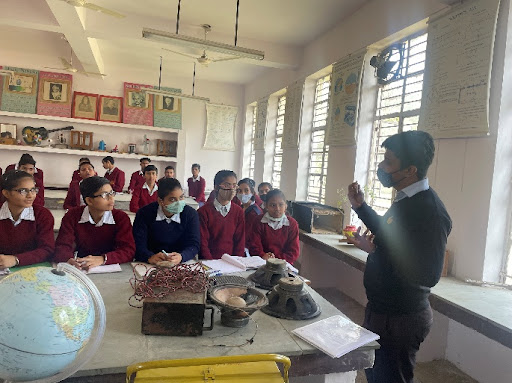

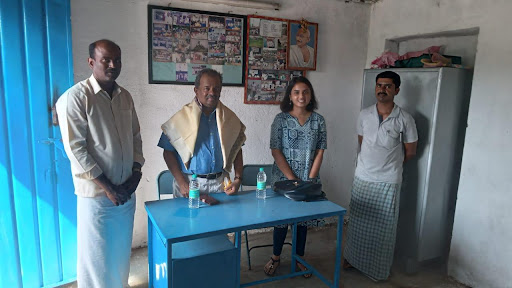

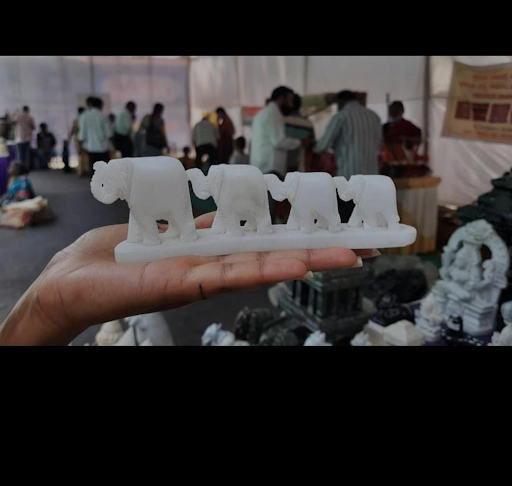
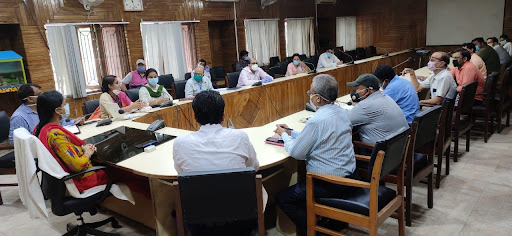


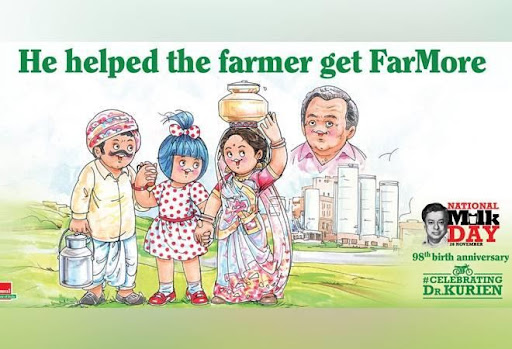


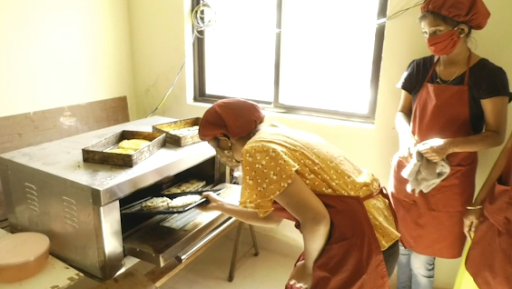
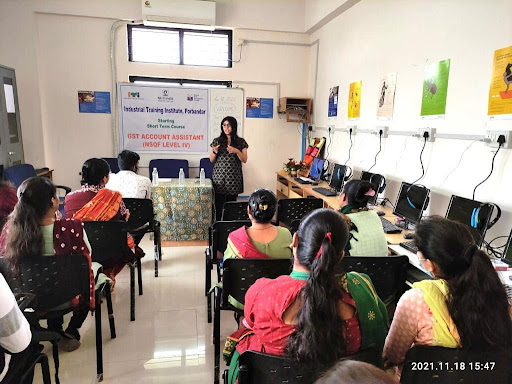



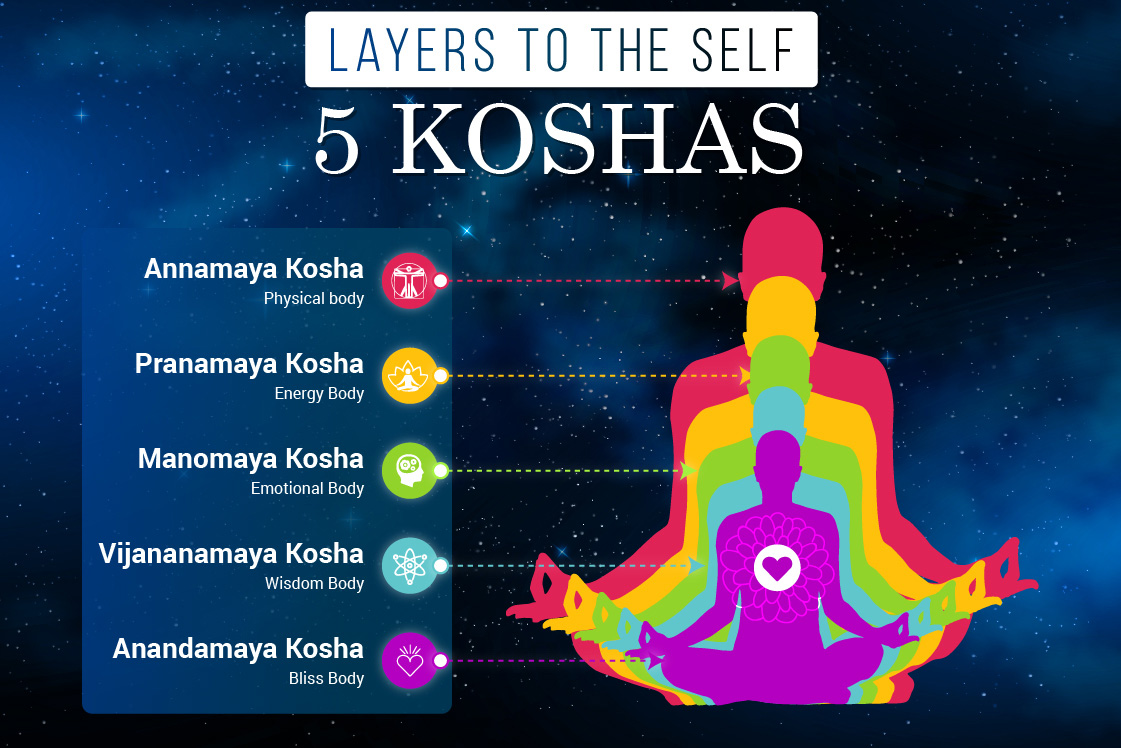
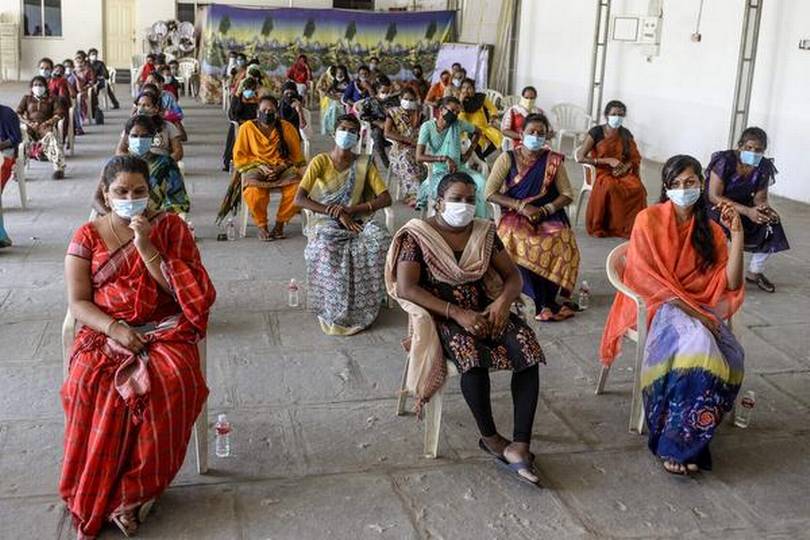








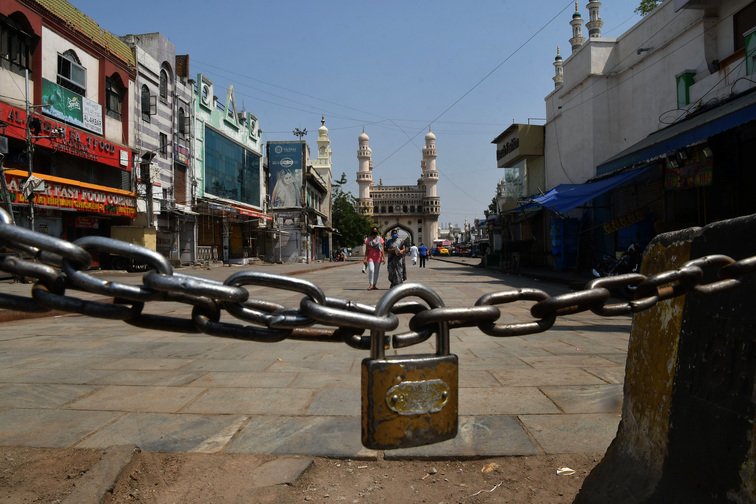




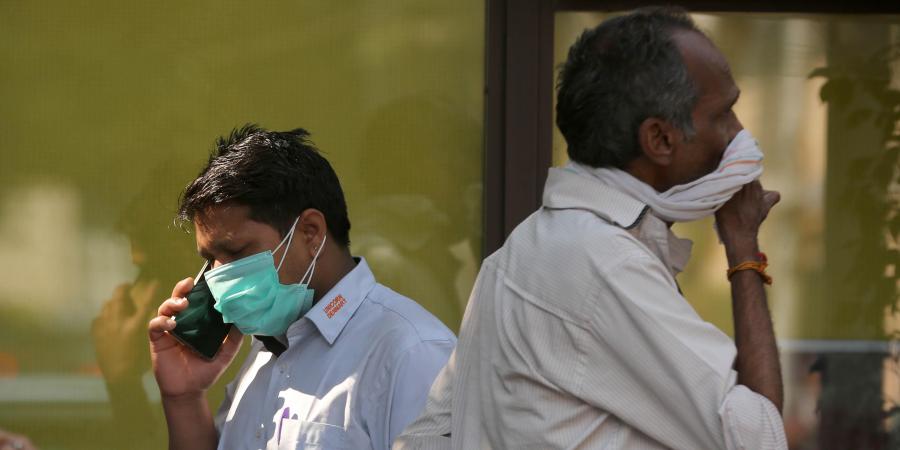

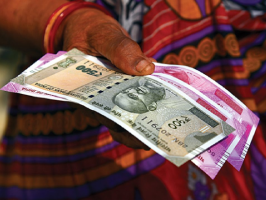
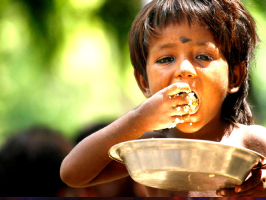
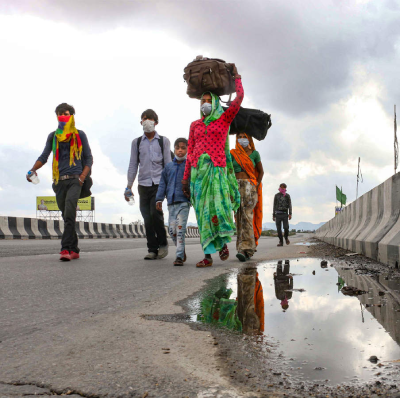

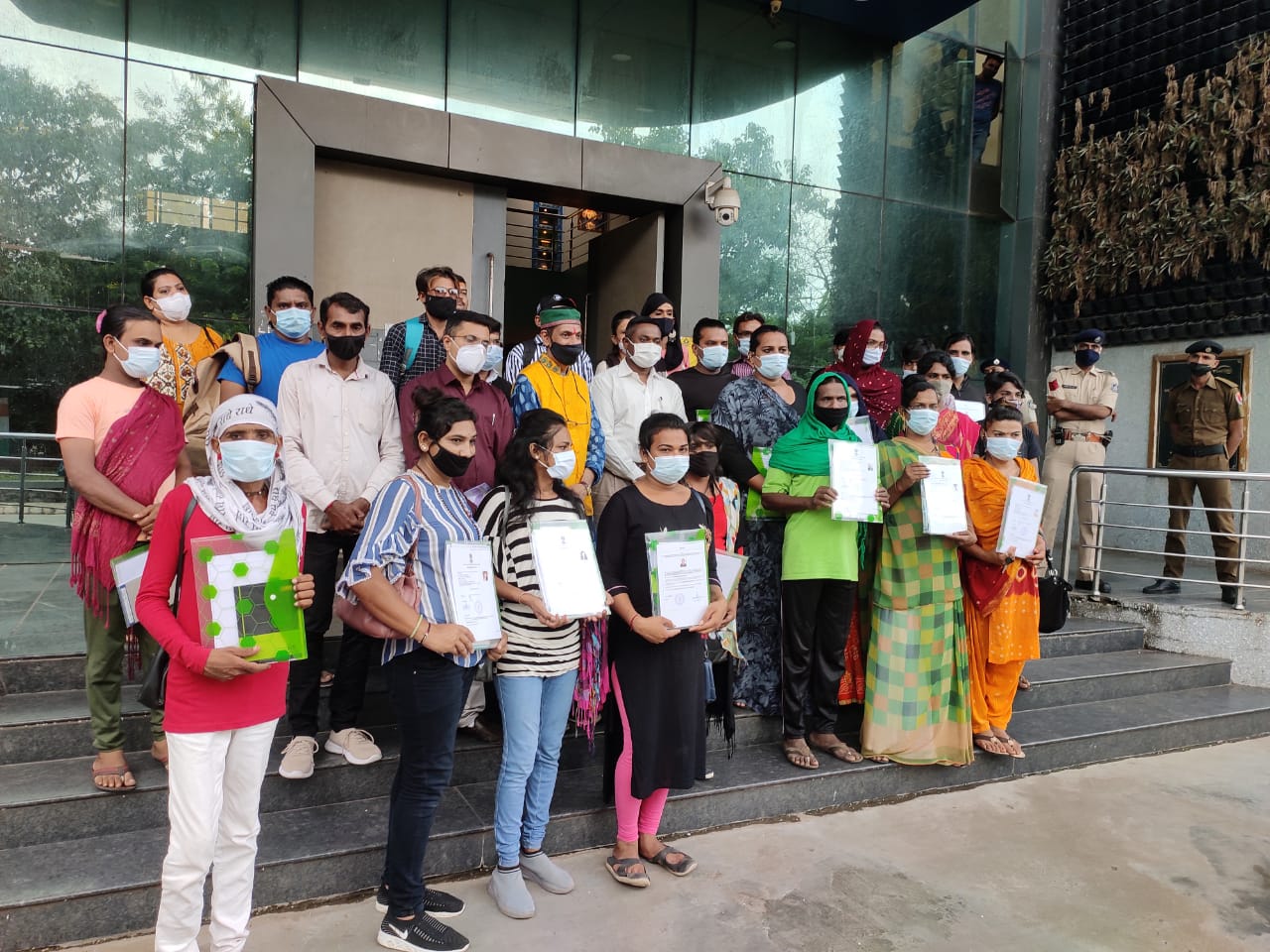
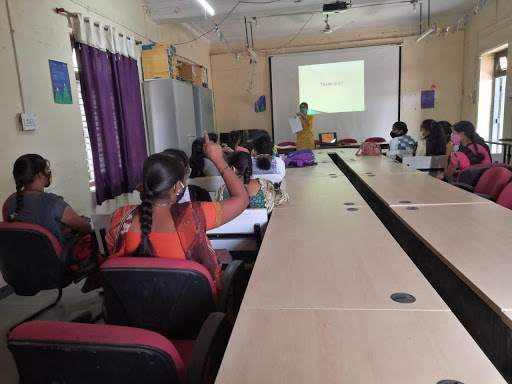


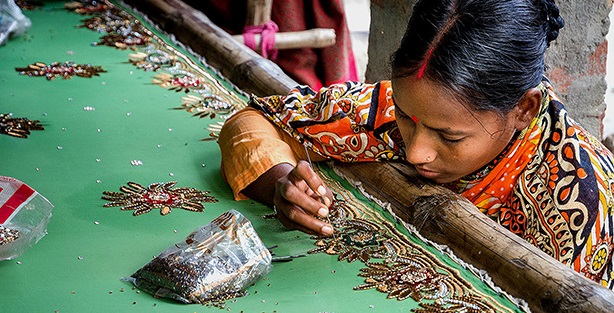

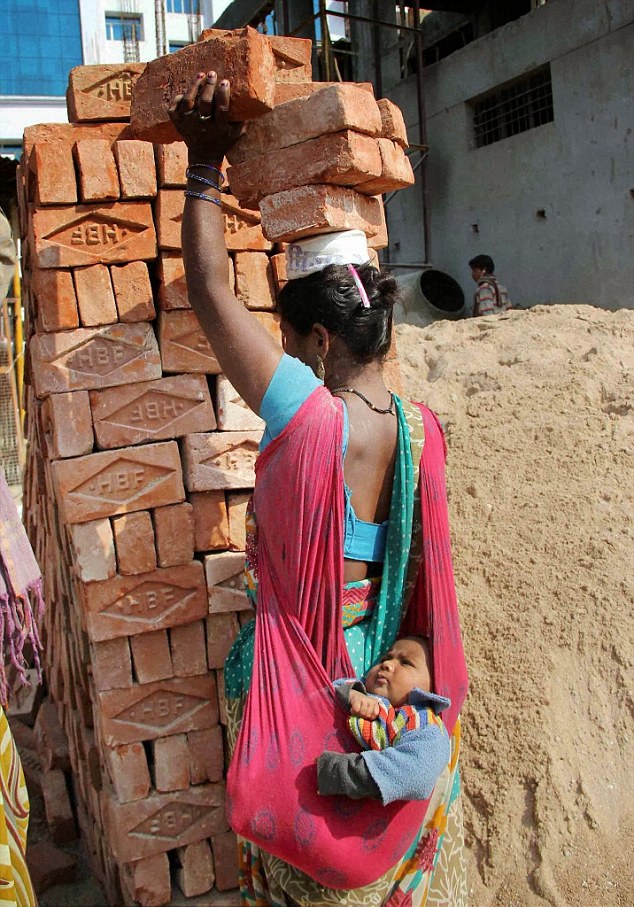


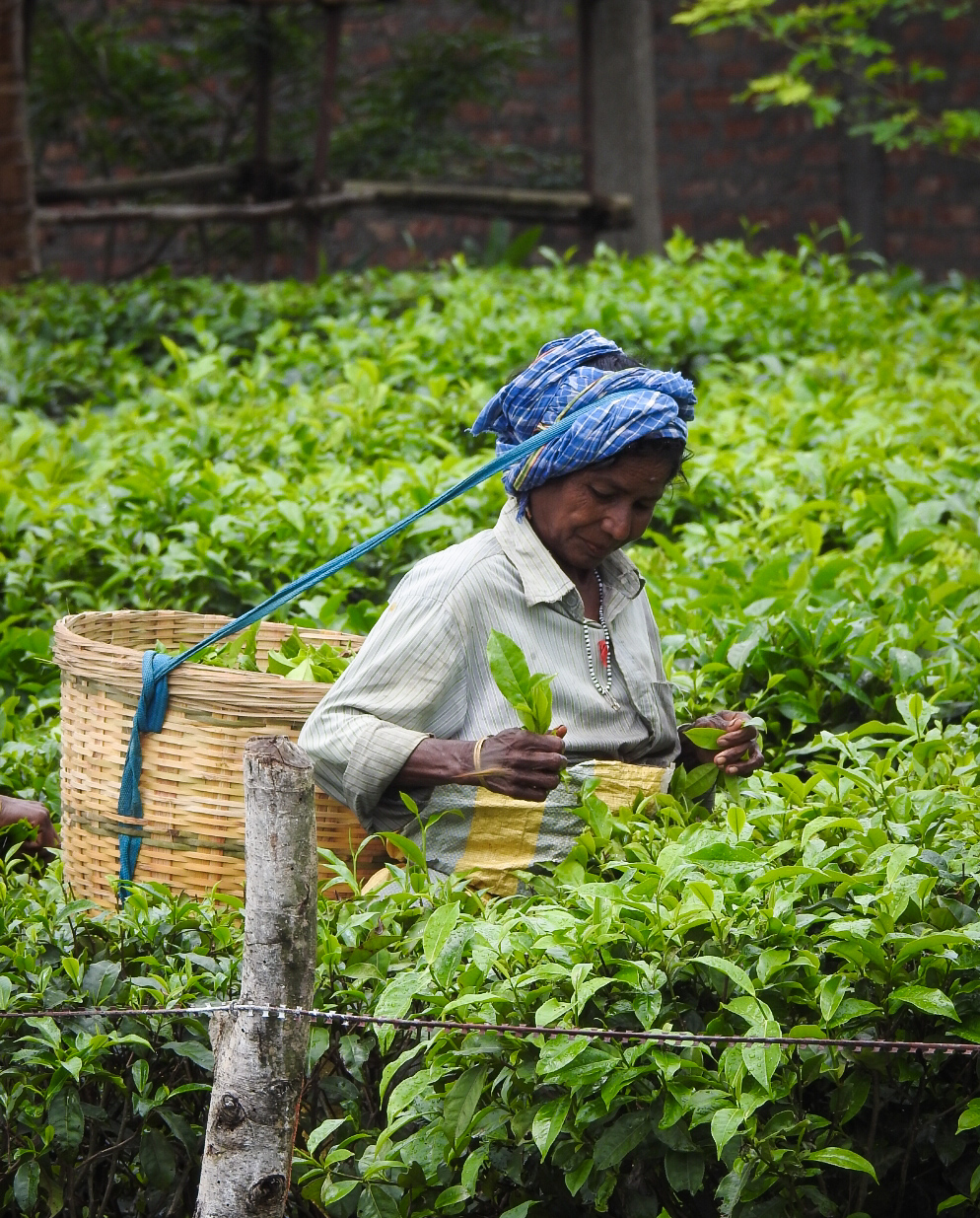

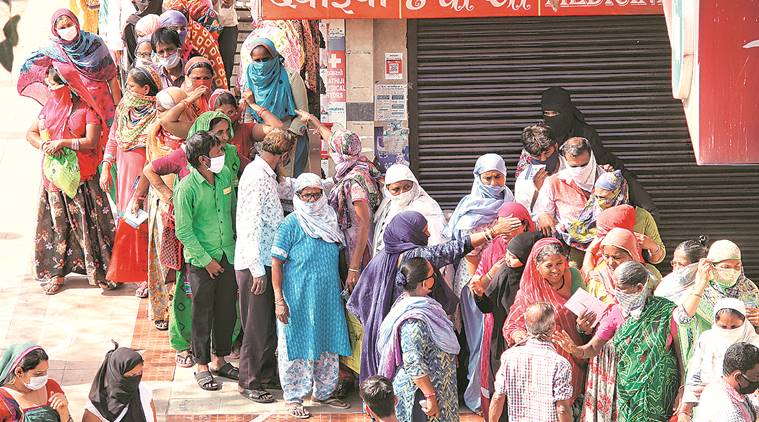









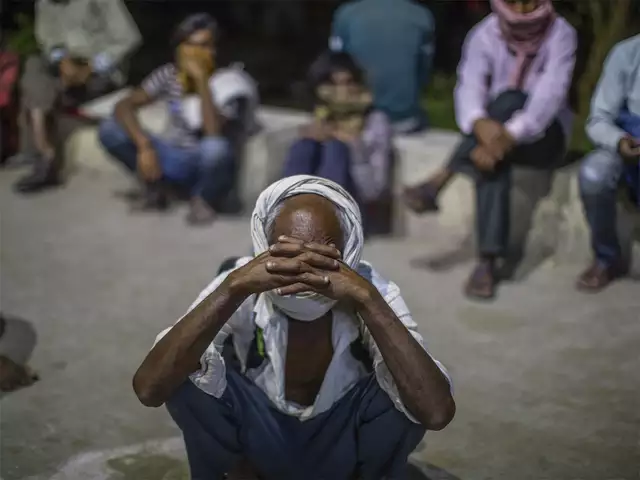

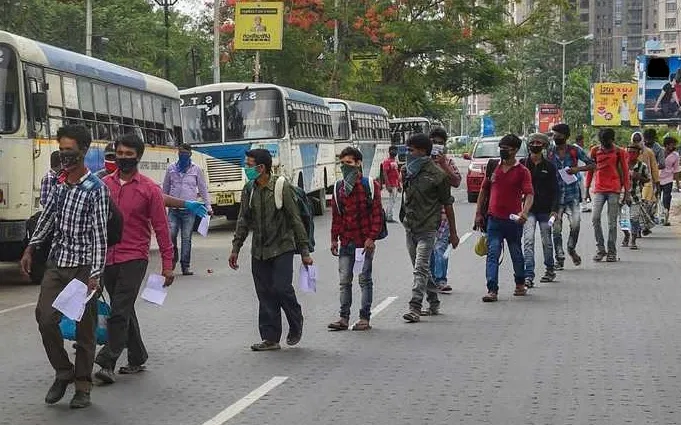



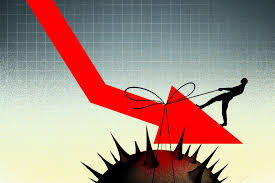
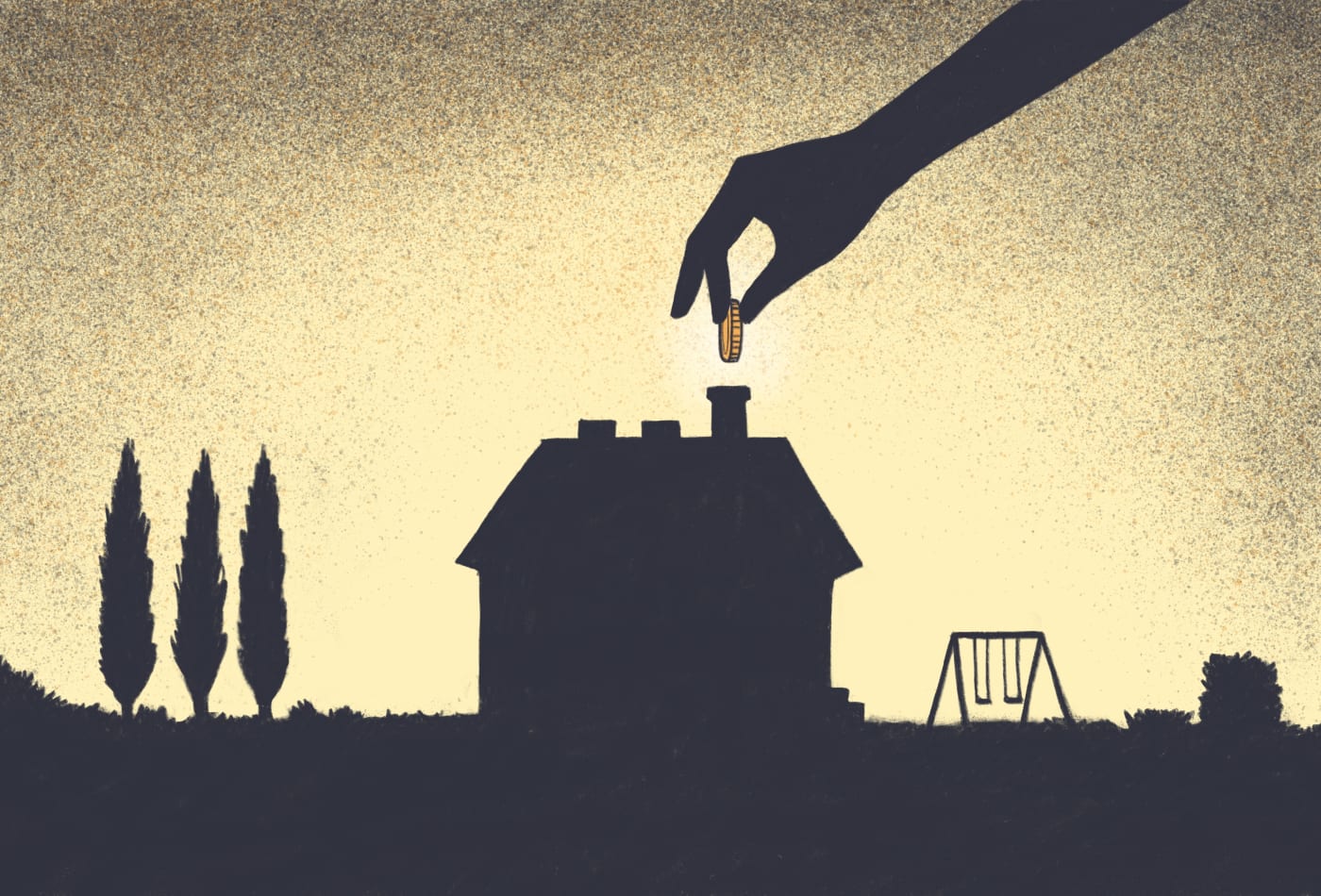

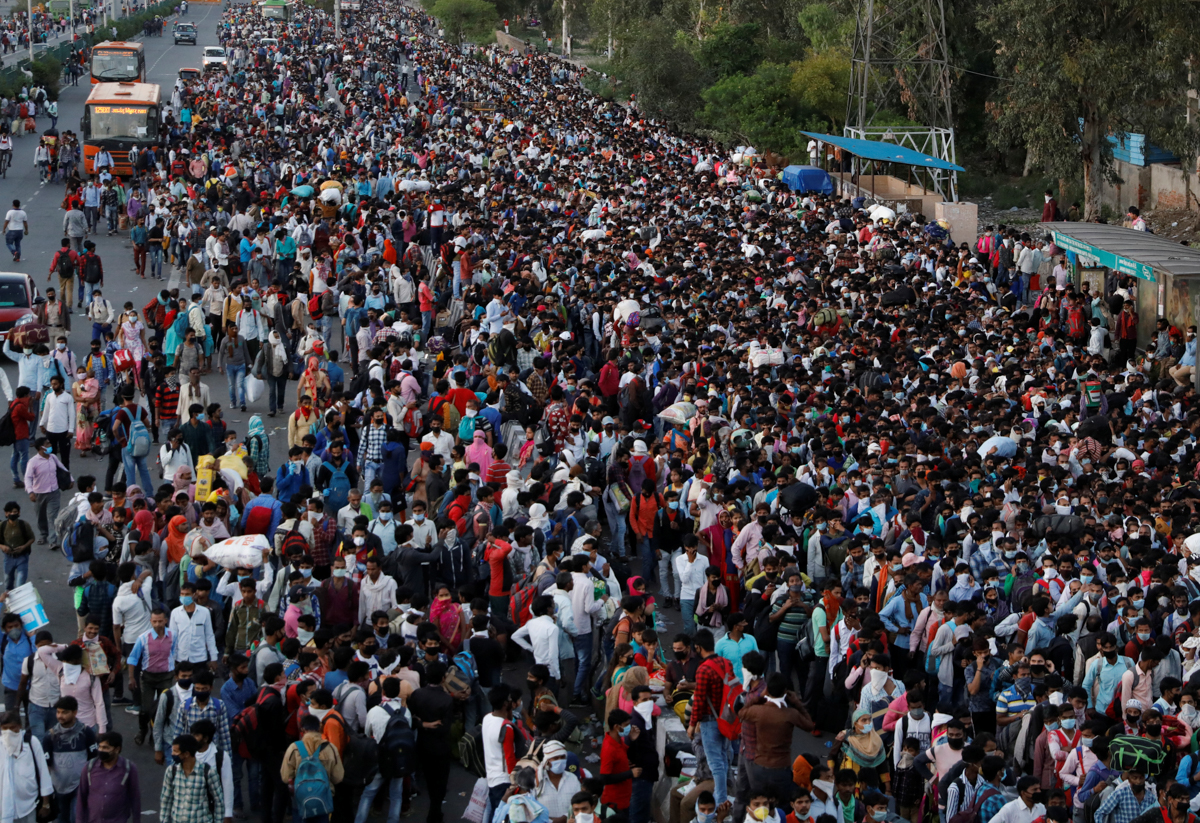
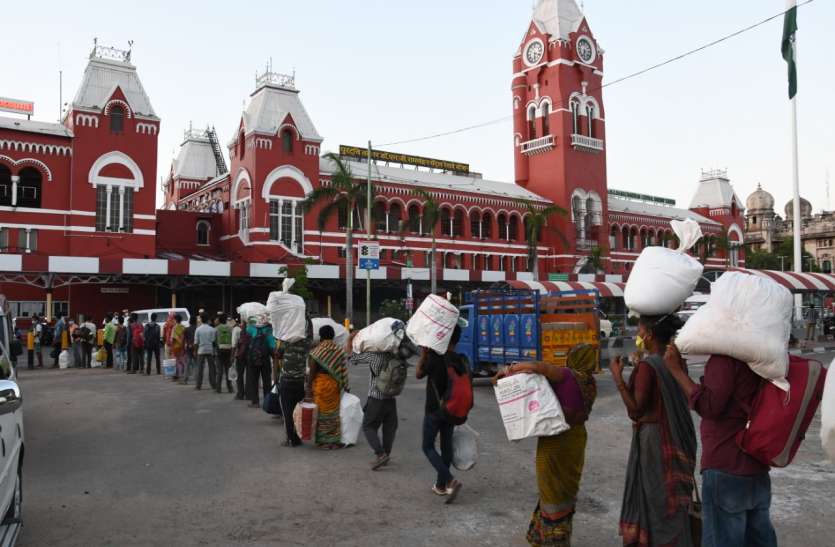
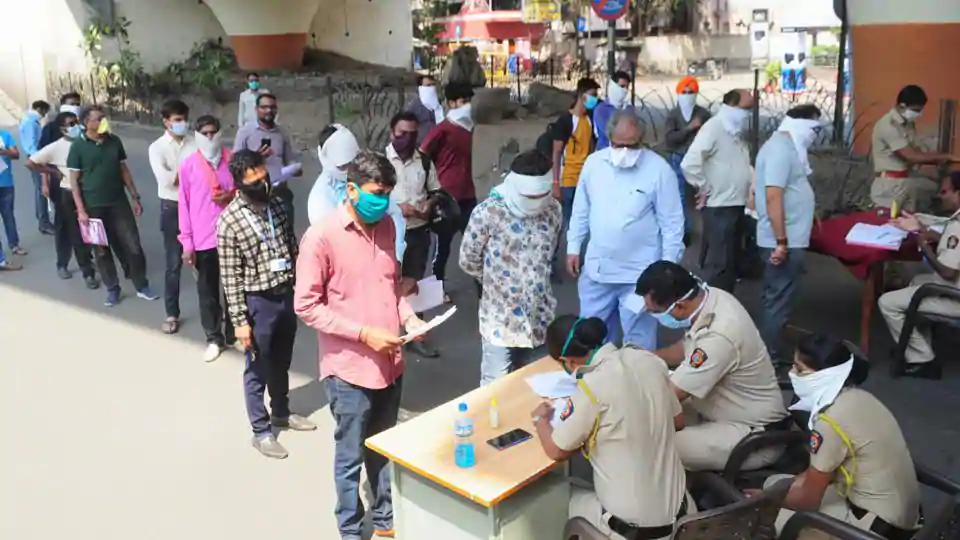
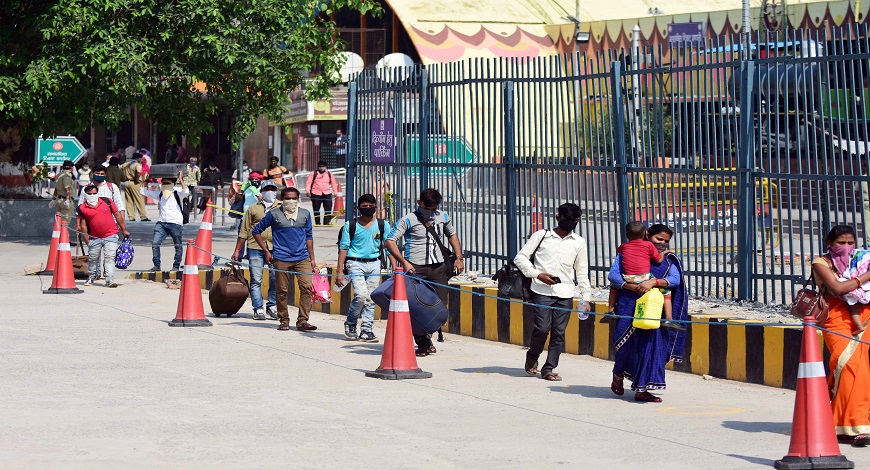


Arun Samanta